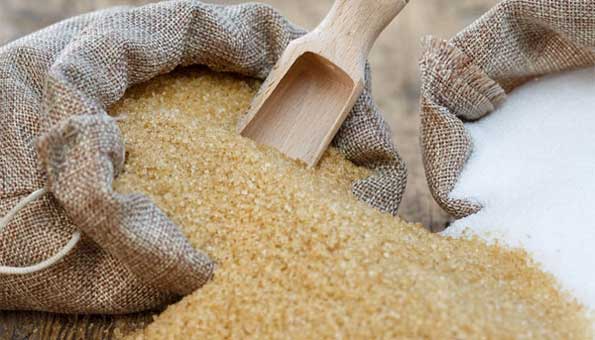THE new board of directors of the Sugar Board of Tanzania (SBT) has vowed to ensure Tanzania is sugar self-sufficient in the next three years with its chairman Filbert Mponzi saying shortages of the sweetener will soon be history.
SBT’s Director General Prof Kenneth Bengesi said the table sugar deficit in the country currently stands at some 60,000 metric tonnes, which balancing arithmetically by 2025 averagely requires increasing the sector’s annual output by 20,000 tonnes.
Speaking last week in Moshi, the recently sworn in board members said that already the country has all it takes to deliver the monumental national sugar goal and attain the ambitious supply of the commodity.
These include prevailing supportive policies, growing local production capacity, which SBT data show that it expanded by nearly 17 per cent in six years from 2013. Despite this growth, demand persistently continue to outstrip supply.

Mponzi said the endeavour to increase local production capacity will mainly require further improvement of the sector’s business environment to consolidate the prevailing operational terrain and lure new investments. Like their leader, the board members also rooted for Tanzania becoming a net exporter of sugar in the near future saying it also has the potential to even dictate terms of the market in the region.
“When inaugurating this board last month, Agriculture Minister Hussein Bashe stipulated more than 10 directives to guide us. However, he emphatically instructed us to ensure the country becomes sugar self-sufficient by 2025,” Mponzi told journalists at TPC Limited.
“This is our number one goal and the top priority of the government, which is realizable if we put in place supportive policies and address inherent issues handicapping growth of the sector,” he noted during the board’s TPC familiarization tour last Tuesday after its first working meeting in Arusha.
The three-day meeting at the AICC was attended by six of its eight members. Apart from Mponzi, the other attendees were Ephraim Balozi Mafuru, Hussein Suphian Ally, Pelagia Zacharia Kayonga, Paulo Matiko Chacha and Jitihada Yusuph Chelenzo.
“With support of all stakeholders and projects to increase capacity like the one to expand sugarcane farms here at TPC, the scarcity of sugar in the country will soon be history,” Mponzi added.
The development of the local sugar economy is one of the government’s agricultural priorities to meet the growing demand of the commodity from the domestic market.
Prof Bengesi said recent trends in the industry point to remarkable progress being made in that regard with the government now tasking the new SBT board to accomplish the national sugar self-sufficiency mission by 2025.
This positive record is better depicted by the figures he gave, which show that the sugar outturn has now surged to 380,000 tonnes against the national demand of 440,000 tonnes.
“This TPC visit with the board members and the others they will be making to other producers are for according them the opportunity to know the industry as they prepare execute their duties,” Prof Bengesi said.
“As regulators, we are required to oversee advancement of the industry and address the flaws that have always haunted it in the new government’s push to elevate local sugar supply to new heights and stabilize the market,” he explained.
The Chief Executive Officer of TPC, Marius Jacobs, said the sector has been growing tremendously well recently enabling producers to expand capacity and help to reduce imports.
The South African said since its privatization over two decades ago, the company has invested over 250bn/- to rehabilitate the plant, increase capacity and modernise operations.
Jacobs said the capital injections have been a worthy investment since they have helped to boost sugar output nationally and increase annual outturn of the plant to 110,000 tonnes. TPC is now targeting production to top 115,000 tonnes by 2025, which is in line with ongoing national efforts to boost local capacity.






